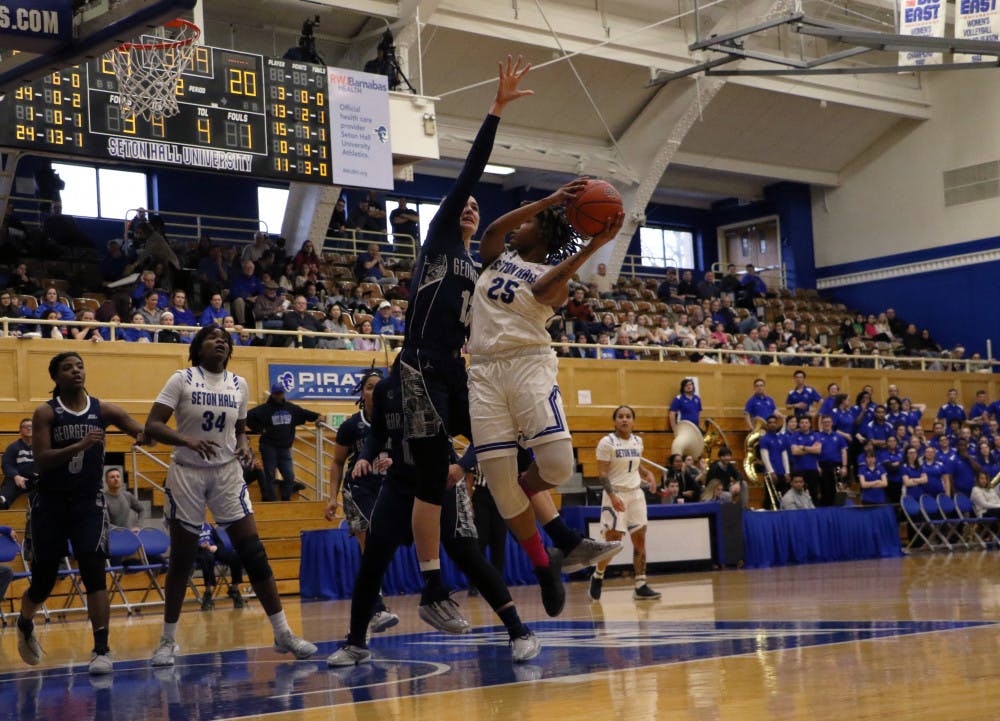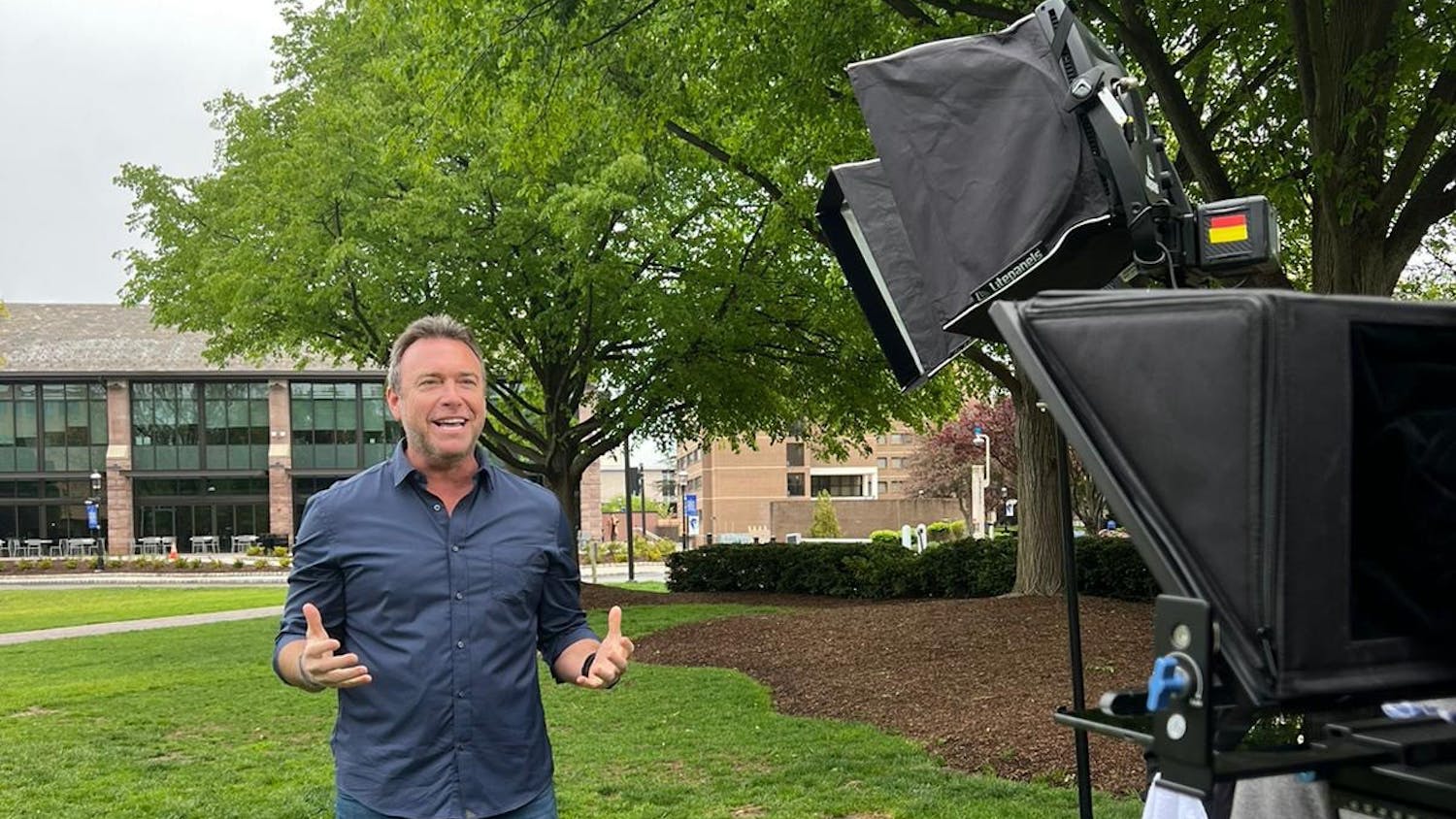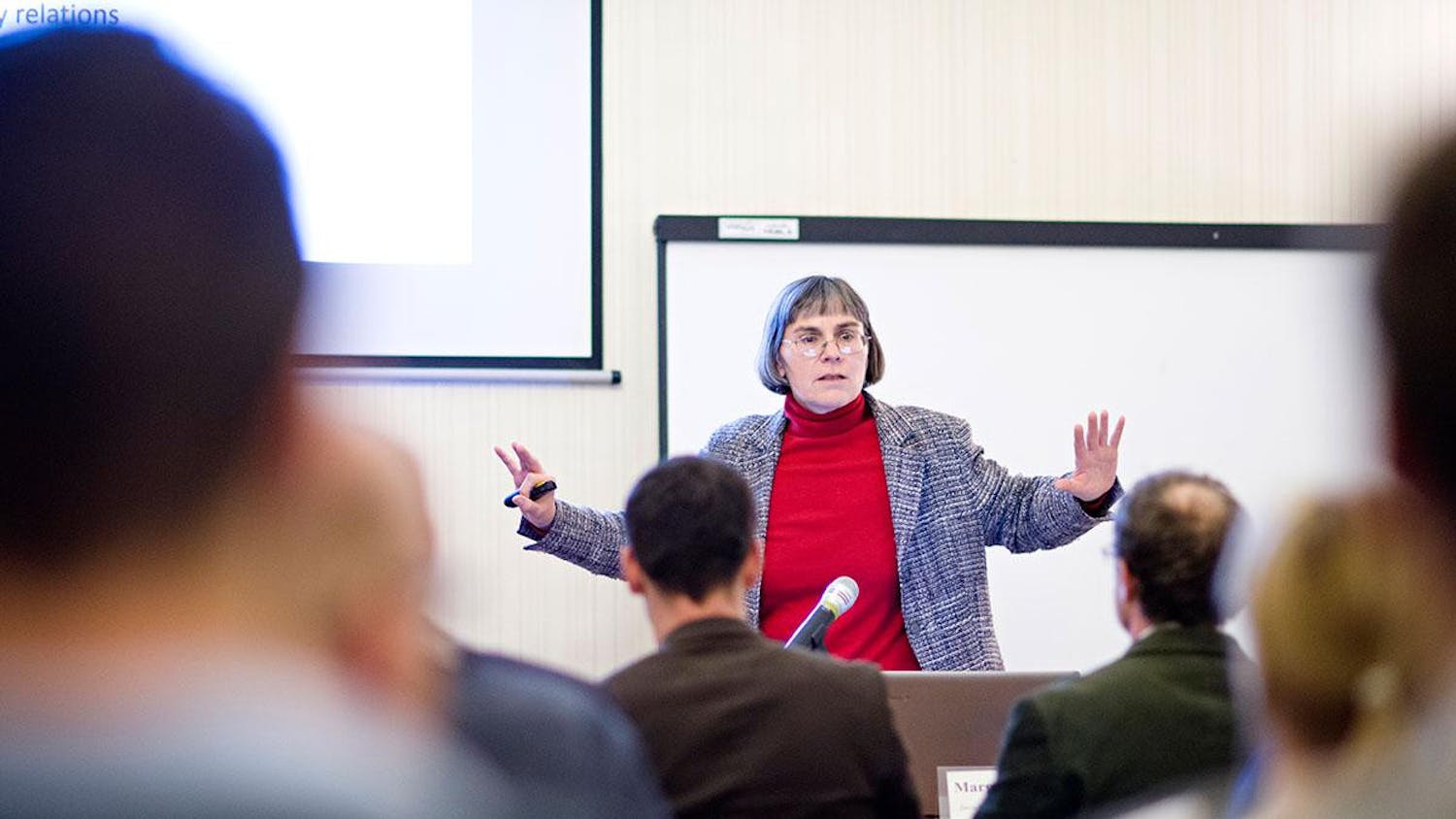For over a decade and a half, Conor Oberst, the leader of Bright Eyes, has adopted and shed numerous identities: the emo adolescent, punky radical, folky activist and mystic and even Christmas caroler—though a forlorn one, at that. On the second night of consecutive sold-out shows at Radio City Music Hall, Oberst acknowledged his music's many faces, playing songs spanning his entire career.
With garish lighting and two props that looked like giant onion peels, the stage seemed more appropriate for avant-garde electronics than Oberst's acoustic confessionals and folk-country diatribes.
However, Oberst and his six member band, which included permanent members Mike Mogis and Nate Walcott, looked at home on the massive stage, impressively reworking concert staples like "Lover I Don't Have to Love" and "Take It Easy (Love Nothing)" as well as deeper cuts like "Arc of Time."
The crossover from the digital drumbeats on 2005's underappreciated "Digital Ash in a Digital Urn" to real drumming seemed seamless. Two drummers captured the frenetic beat of "Arc of Time," while "Take It Easy (Love Nothing)" traded its initial noisy blips for a slow build-up towards crescendo.
In the two-hour, 23-song set, Bright Eyes played eight tracks from their excellent new album, "The People's Key." Having exhausted his somewhat bland, Americana pursuits with his various side projects, Oberst's return to Bright Eyes has him sounding revitalized; the boisterous drumming of "Jejune Stars" and buoyant melody of "Shell Games" burst with vibrancy, while "Beginner's Mind" embraced long-ignored pop sensibilities.
Prancing around the stage with just a microphone in hand, Oberst emphatically sang his new songs, and it quickly became obvious that he no longer fits into the young and frail singer/songwriter stereotype. Oberst has grown up in public and finally seems comfortable with his success.
Ever the chameleon, however, Oberst appeared to turn the clocks back on "The Calendar Hung Itself," gasping and quivering at each syllable. If his sorrows were always a "well-rehearsed" act, as he admitted on his 2002 opus, "Lifted…,"at least now Oberst seems to be enjoying himself.
The setlist had numerous surprises, replacing Bright Eyes' more well-known singles (like "Four Winds," "Lua" and "First Day of My Life") with rarer songs like "An Attempt to Tip the Scales," "Cleanse Song," "Padriac My Prince" and "Old Soul Song."
While the newer material entertained, Bright Eyes did not sell out Radio City twice because of the merits of their new album. Fans attended to hear highlights from beloved former albums, like the rousing "Old Soul Song" and despondent "Padriac…," which somehow sounded even bleaker live than on the album.
Other highlights included the "I'm Wide Awake, It's Morning" standouts "Road to Joy," where Oberst jumped in the crowd, beckoning them to "make some noise" before its tumultuous conclusion, and "Poison Oak," which actually brought the person sitting next to me in tears. That is what made the show remarkable; unaffected by playing in one of New York's larger venues, Bright Eyes' intimate and deeply personal music still elicited the highly emotional responses that make their albums so adored.
Kevin Stevens can be reached at kevin.stevens@student.shu.edu





